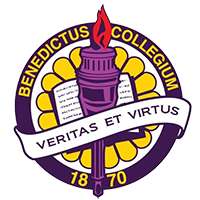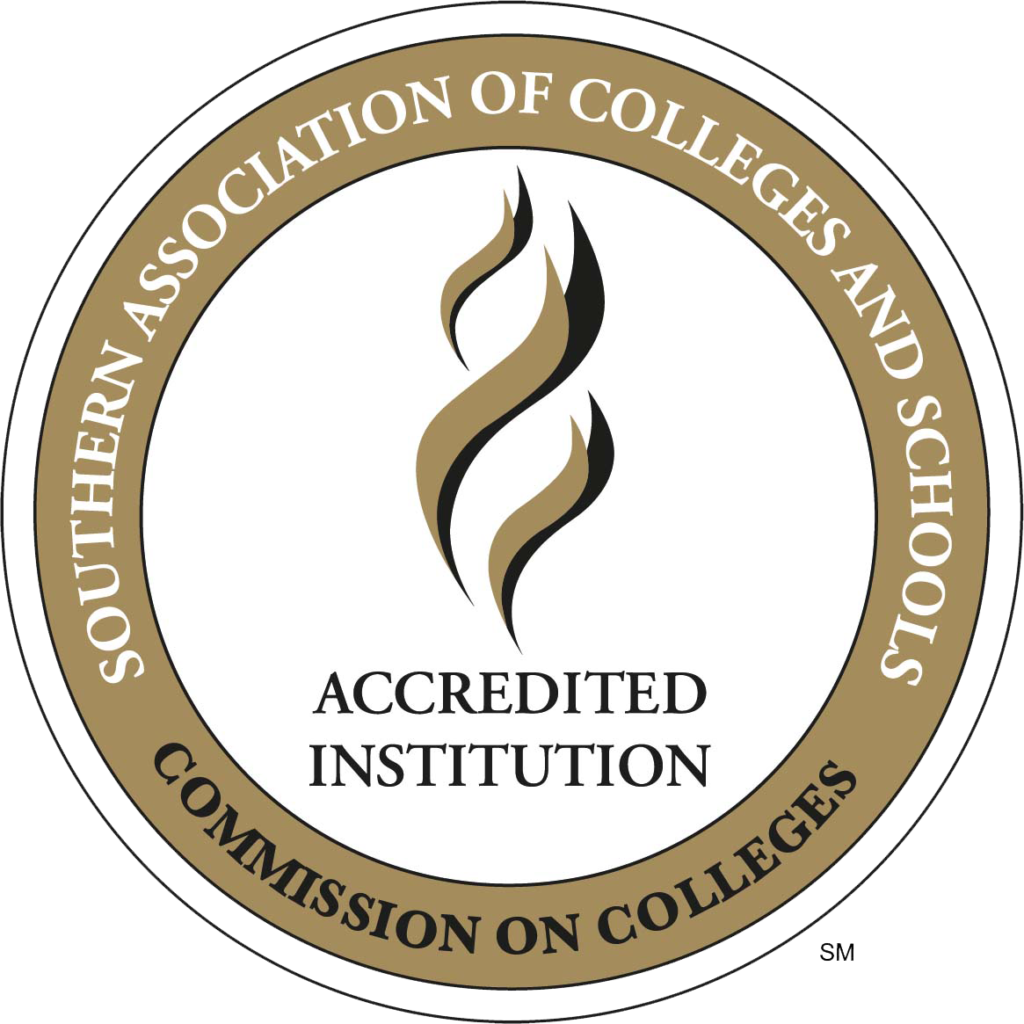Columbia, SC –April 13, 2020- This week, Benedict College was awarded a $500,000 grant from the African American Civil Rights grant program, funded through the Historic Preservation Fund, and administered by the National Park Service, Department of the Interior. The grant is awarded to organizations dedicated to preserving African American civil rights and will be used for the preservation of the Starks Center on the campus of Benedict College.
“The rich history of the civil rights movement in Columbia is inextricably tied to Benedict College. It is an extensive, bold narrative that is important today, and for future generations,” states Benedict College President and CEO, Dr. Roslyn C. Artis. “We thank the National Park Service and the Department of the Interior for this award that will enable us to restore the infrastructure of Stark Center to preserve the critical role of Benedict College and her students in working to end injustice and racial inequality in Columbia and in this country.”
Benedict College served as one of the most significant centers of black civil rights activity in Columbia in the years before desegregation. Meetings, lectures, concerts, and other important social and civic functions in the black community have been held on the campus of Benedict College. The Starks Center is a visual representation of the untold stories of the Civil Rights Movement in the 20th Century. Historical research reveals that the Starks Center was the hub for organizations to host planning sessions for Civil Rights activities during the late 1930s and mid-1970s.
“We are elated to be the recipient of this African American Civil Rights Program preservation award from the National Park Service. Starks Center is a civil rights treasure on our campus and it is known for being the place where the eight chapters of the National Association of Colored People (NAACP) met to organize the South Carolina Conference of Branches of the NAACP. With this award, we will be able to ensure the preservation of this historic building while telling the story of its legacy to future generations,” stated Leandra Burgess, Vice President for Institutional Advancement.
The Starks Center, formerly Starks Library, is one of the five buildings in the College’s Historic District. Constructed in 1935, it served as a joint library for Benedict College and Allen University. Benedict’s President at the time, Rev. Dr. John J. Starks, drew detailed plans for the building; thus, the name of the building is in honor of him. It served as a library until 1974 when the Benjamin F. Payton Learning Resources Center was opened.
The $500,000 grant from the National Park Service will be used to significantly mitigate and eliminate existing damage to the historic Starks Center. Funds will be used to make the facility energy efficient and upgrade mechanical systems, replace basement drains and piping, repair floors.
About the National Park Service
More than 20,000 National Park Service employees care for America’s 419 national parks and work with communities across the nation to help preserve local history and create close-to-home recreational opportunities. Learn more at www.nps.gov, and on Facebook, Instagram, Twitter, and YouTube
About Benedict College
Founded in 1870 by a woman, Bathsheba A. Benedict, Benedict College is a private co-educational liberal arts institution with over 2,100 students enrolled in its 25 baccalaureate degree programs. Defying trends, Benedict College maintains an equal male and female student population. This Midlands HBCU welcomes students from all 46 counties in South Carolina, 30 states across America, and 26 countries around the world.
Benedict offers several high-demand fields of study in STEM, Cyber Security, Mass Communication, Sport Management, Business Administration, Engineering, Computer Science, Biology, and Education. The College also has a diverse faculty of which 80 percent are full-time, and 60 percent hold doctorates or the equivalent.
Over the past ten years, three out of five Benedict College graduates have attended professional or graduate schools. There are over 17,000 proud Benedict Tigers throughout the nation. Benedict College has been a community leader for over 150-years and is a significant contributor to South Carolina and the region. Contributing $130 million and 1,218 jobs in total local and annual economic impact, a Benedict graduate working full-time throughout his or her working life can expect to earn $1.1 million in additional income because of their Benedict College degree.
The College made front-page news in the spring of 2018 when it became the first South Carolina college to lower its tuition by 26 percent. Cutting tuition drew praise from the Commission on Higher Education, South Carolina’s education oversight body. The commissioner noted that the move Benedict College made should be applauded because it offers families affordability and students greater access to higher education.
Benedict College has been highly regarded and exceptionally ranked for its programs by several academic and traditional publications. For example, Benedict College was ranked as one of the top baccalaureate colleges in the nation by Washington Monthly magazine for creating social mobility, and producing cutting-edge scholarship and research. In 2019, Benedict College received the 2019 ACE/ Fidelity Investments Awards for Institutional Transformation and was named the HBCU of the Year by HBCU Digest.
Benedict College is accredited by the Southern Association of Colleges and Schools Commission on Colleges to award baccalaureate and masters degrees. Five of the College’s degree programs hold national accreditation: The School of Education, Social Work, Environmental Health Science, Arts and Sciences and the Tyrone Adam Burroughs School of Business and Entrepreneurship.



